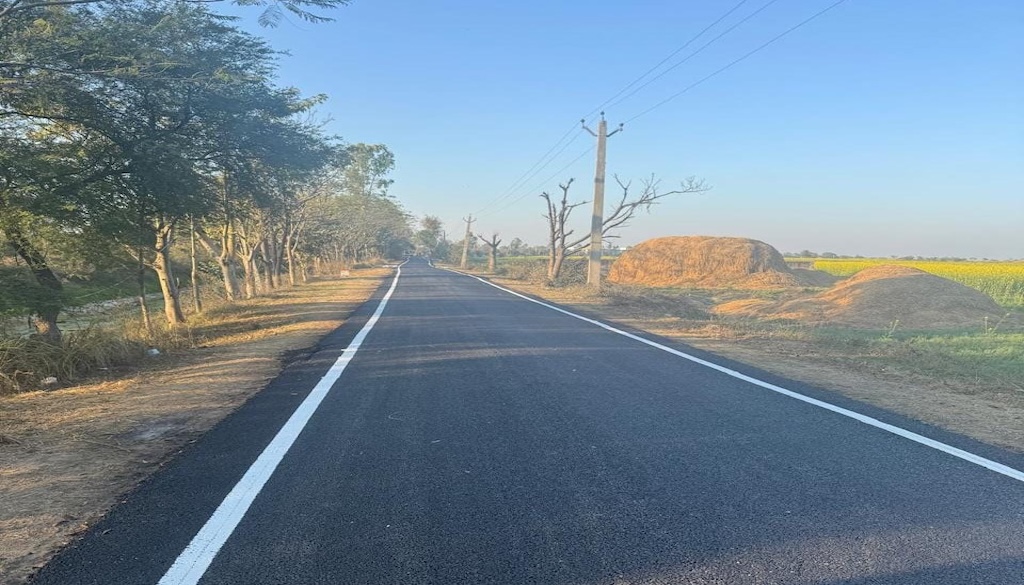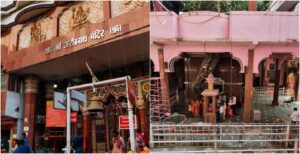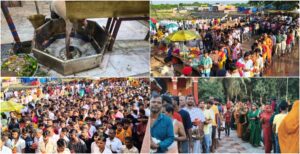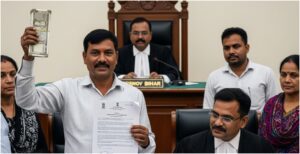
Patna: More than 2,100 rural roads in Patna division will be repaired under the Chief Minister Rural Road Strengthening and Management Programme, with the state government approving an estimated cost of Rs 3,677 crore for the project.
A total of 2,182 roads covering 4,116 km will be upgraded across six districts of the division. The scheme is part of a broader state-wide initiative to improve rural road infrastructure and ensure durable connectivity to remote areas.
According to official figures, Patna district will see the highest number of roads being repaired, with 553 roads spanning 792.93 km. Nalanda follows with 434 roads (667.32 km), Bhojpur with 341 roads (691.75 km), Buxar with 294 roads (595.59 km), and Rohtas with 366 roads — the longest stretch in the division at 933.83 km. In Kaimur, 194 roads with a combined length of 435.16 km will be strengthened.
The initiative falls under the Chief Minister Rural Road Upgradation Scheme, which received cabinet approval on November 14 last year. Its aim is to enhance long-term management and quality of rural roads across Bihar. State-wide, 13,943 rural roads covering 24,313 km have been identified for upgradation after crossing the five-year routine maintenance and defect liability period by March 31, 2024.
The government has set a deadline of June 2025 to make these roads pothole-free. This will be followed by full surface-strengthening works within the financial year to boost road durability and riding quality.
The programme also mandates that roads be blacktopped twice every seven years and that rural repair vehicles be made available to respond quickly to damage. Authorities have been directed to monitor and re-identify roads annually as they exit their maintenance cycles.
“This programme is a good initiative towards making the connectivity of rural areas of Bihar easy and strong,” said Deepak Kumar Singh, Additional Chief Secretary of the Rural Works Department. “Through this, not only will the ease of transportation be ensured, but the rural population will also be able to access essential services like agriculture, health and education.”





